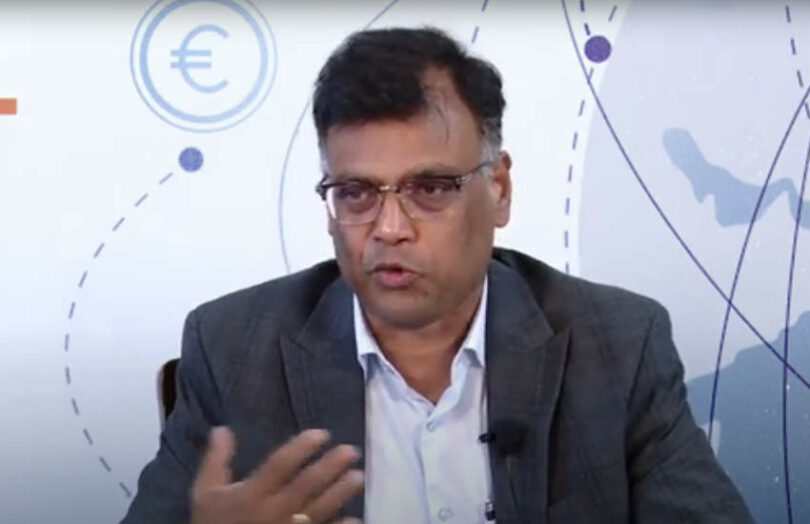T. Rabi Sankar, Deputy Governor of the Reserve Bank of India, suggested that digital currency usage worldwide should be ‘restricted’ to fiat money, arguing in favor of central bank digital currencies (CBDCs). He also promoted the idea of diversifying away from the major reserve currencies, talking on Thursday at the launch of the latest G20 Techsprint hackathon. India currently holds the rotating G20 Presidency.
Aiming at cryptocurrencies
Speaking at the launch of the G20 Techsprint 2023, Mr. Sankar discussed some of the challenges and opportunities facing cross-border payments and foreign exchange (Forex) markets, which will play significant roles in this year’s edition.
The Deputy Governor warned of the severe risks posed by illicit payments to the integrity of the financial system, aiming mainly at private virtual currencies. He noted that the advances in the fields of AML/CTF could be lost if payments shifted toward cryptocurrencies.
“It would therefore be in the interests of the global financial system to maintain the achievements that it has got over the last couple of decades by putting as much effort as possible into ensuring that most digital currency usage should be restricted to fiat currencies,” Mr Sankar said.
India’s digital currency preferences
This is not the first time that India’s central bank has picked a fight with cryptocurrencies. In 2020, the Supreme Court reversed a ban on banking services for crypto traders, claiming that the central bank had failed to show that cryptocurrencies could damage the banks they regulate. However, the Reserve Bank of India has remained intent that the sector be regulated, arguing that alternative payments undermine the country’s banking system.
This could explain why the Central Bank has moved so quickly with its digital rupee initiative. India began with its phased introduction of a CBDC quite late compared to other countries like China, for instance. However, it has been able to move at a much faster pace.
Forex pricing and liquidity
Mr. Sankar also touched on the state of the international monetary system, saying there should be new opportunities for non-reserve currencies, such as the Indian rupee.
The Deputy Governor wants to reduce the dominance of the dollar, the euro, and other major reserve currencies in favor of a more multipolar currency order. He argues that diversification could “de-risk the global financial system.” Presumably, that’s partly by reducing the volatility of smaller currencies.
This diversified liquidity could also narrow the spreads between bids and offers in Forex markets, making trading these smaller currencies significantly cheaper. India has a large diaspora of workers abroad, and remittances make an important part of the country’s economy, so the Central Bank has a vested interest in reducing the costs of Forex trades.






